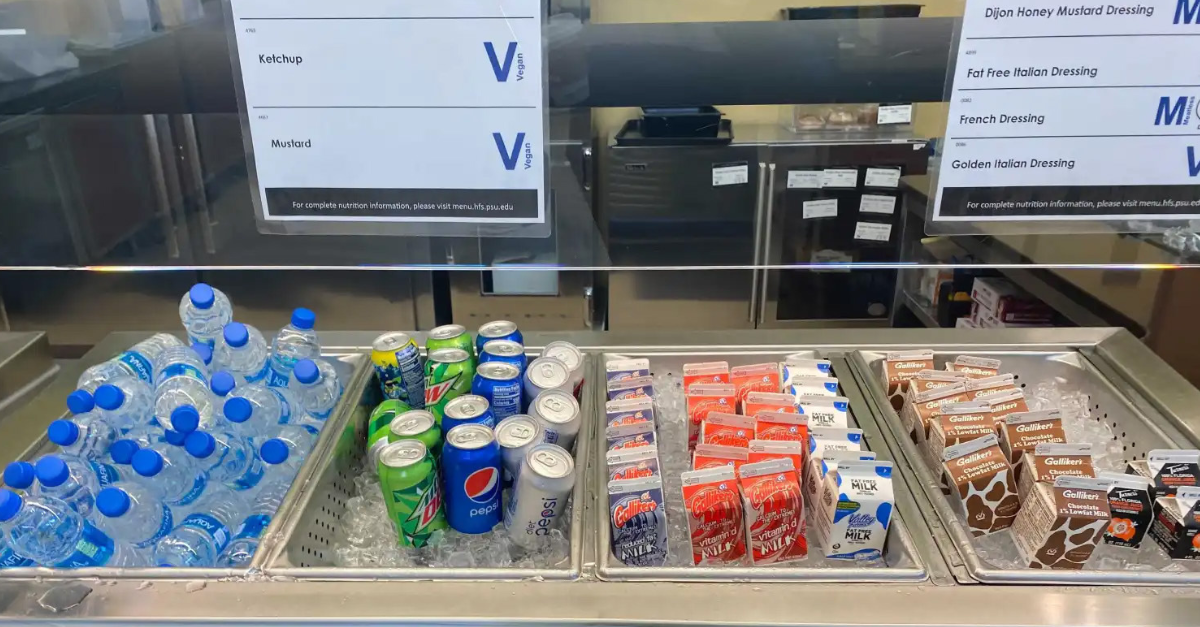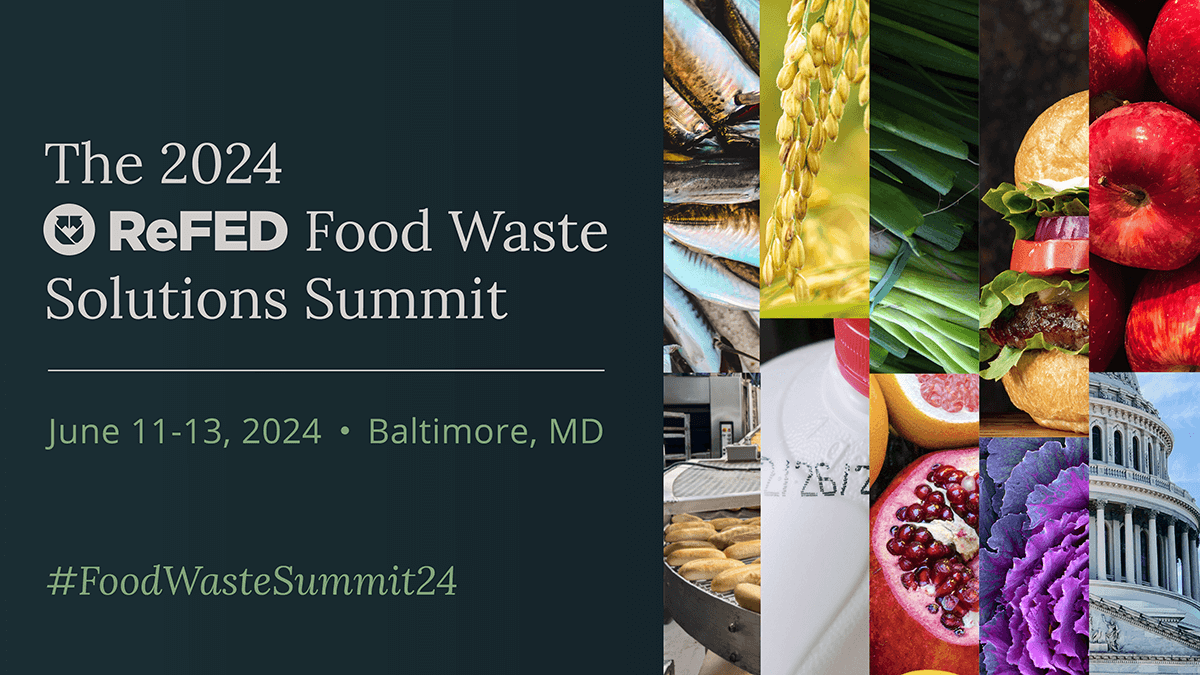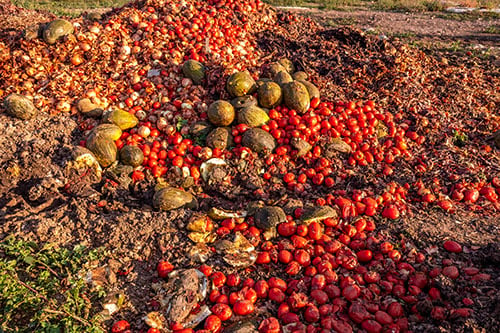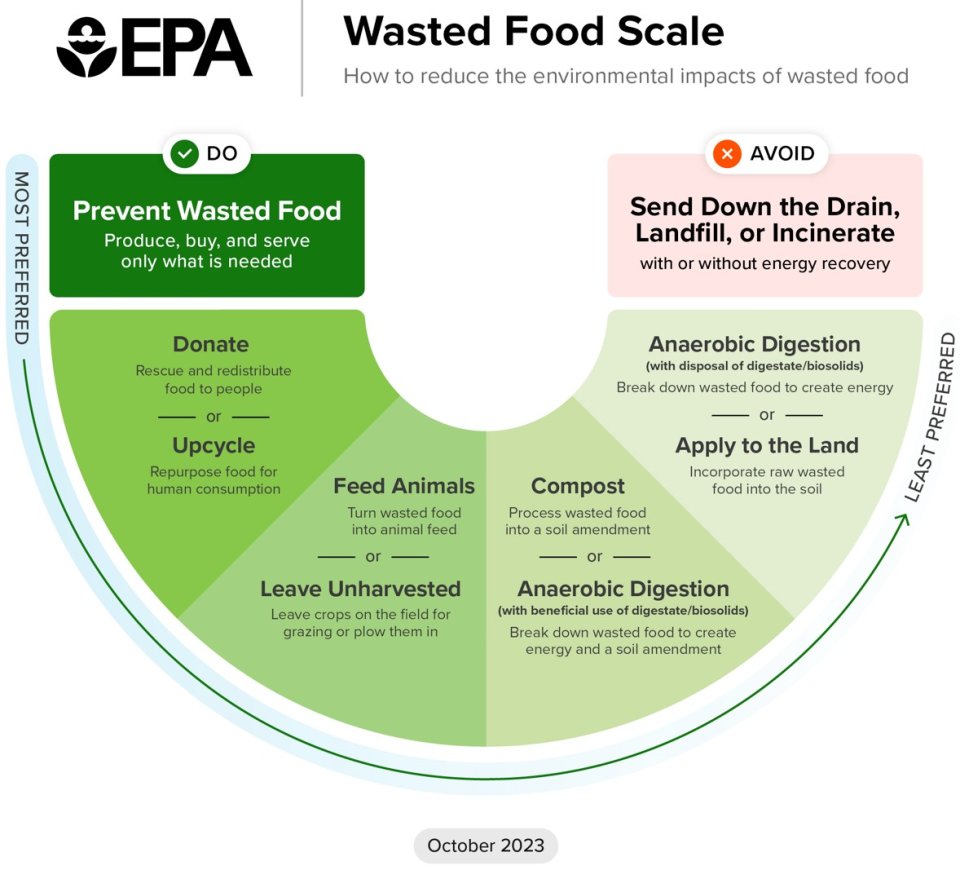Food Waste Intelligence

Food waste, as we know, is a critical nexus issue, because food is so central to our lives, and because the food system impacts so many other global systems (energy, transport, and health to name just a few).
Read More >>Topics:
Food Systems
Food waste history buffs will recall the launch of the Courtauld Commitment in 2005. Led by UK-based WRAP and funded by local governments, the initiative engaged food organizations in a voluntary commitment approach to reducing household food waste and food and packaging waste in the UK grocery sector. Recently, the Courtauld Commitment was renamed the UK Food and Drink Pact, and the inclusion of the word “Drink” sparked discussions with my colleagues on the subject of elevating the tracking of liquid food waste as part of standard fo...
Read More >>Topics:
Food Waste Strategies
This week, Leanpath is excited to be in Baltimore alongside many of our food waste reduction-focused colleagues from around the world at the 2024 ReFED Food Waste Solutions Summit. As we have been preparing for the multitude of sessions at this year’s event, we’ve also been reflecting on the state and pace of food waste reduction efforts in the U.S. and in countries across the globe.
Read More >>Topics:
Food Waste News
Closing out a year with increasing focus on the importance of food waste reduction, the U.S. released its Draft National Strategy for Reducing Food Loss and Waste and Recycling Organics in early December. Release of the Draft National Strategy is significant, and in fact long overdue, as the U.S. committed to halving food loss and waste reduction in support of Target 12.3 of the Sustainable Development Goals (SDGs) back in 2015 – and a united, measurement-focused strategy is needed to get the U.S. on the proper pathway with urgency.
Read More >>Topics:
Food Waste News
Earlier this month, the US EPA’s food recovery hierarchy, the upside downtriangle which has guided food waste reduction efforts since the 1990s, got a makeover. And that’s a good thing, as it reflects the continued evolution of research and elevation of activity on food waste reduction.
Read More >>